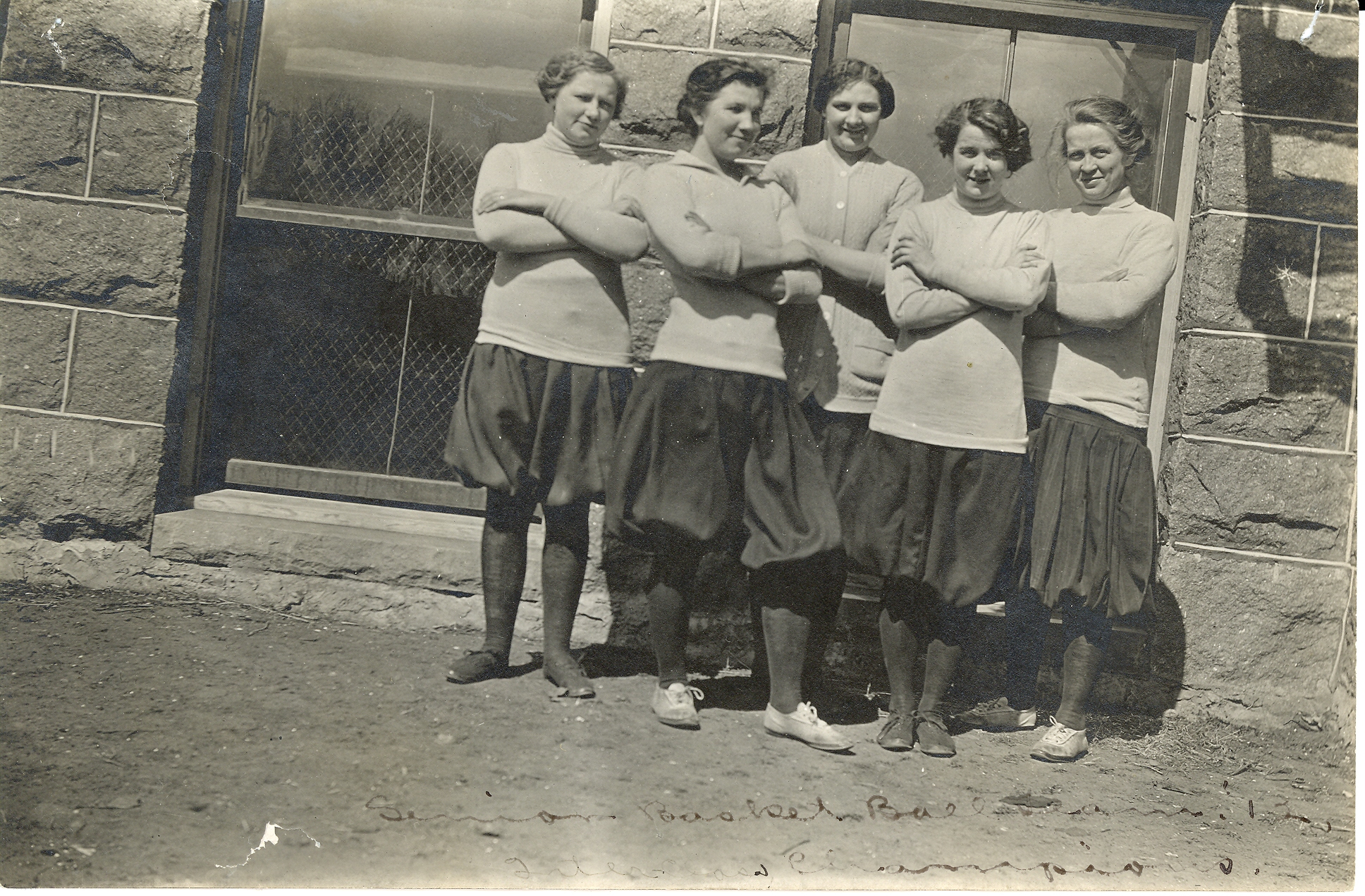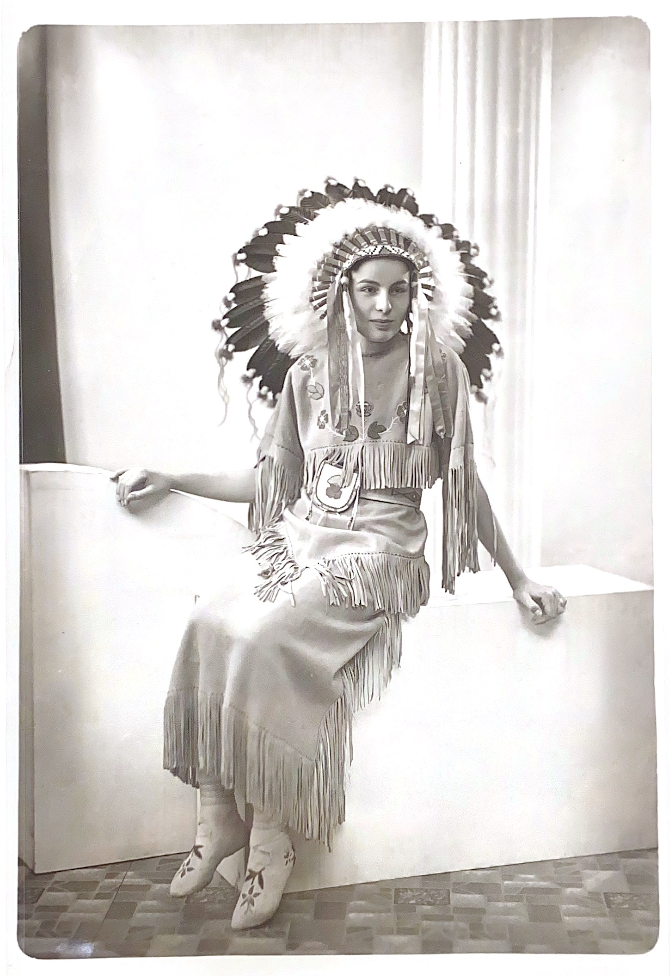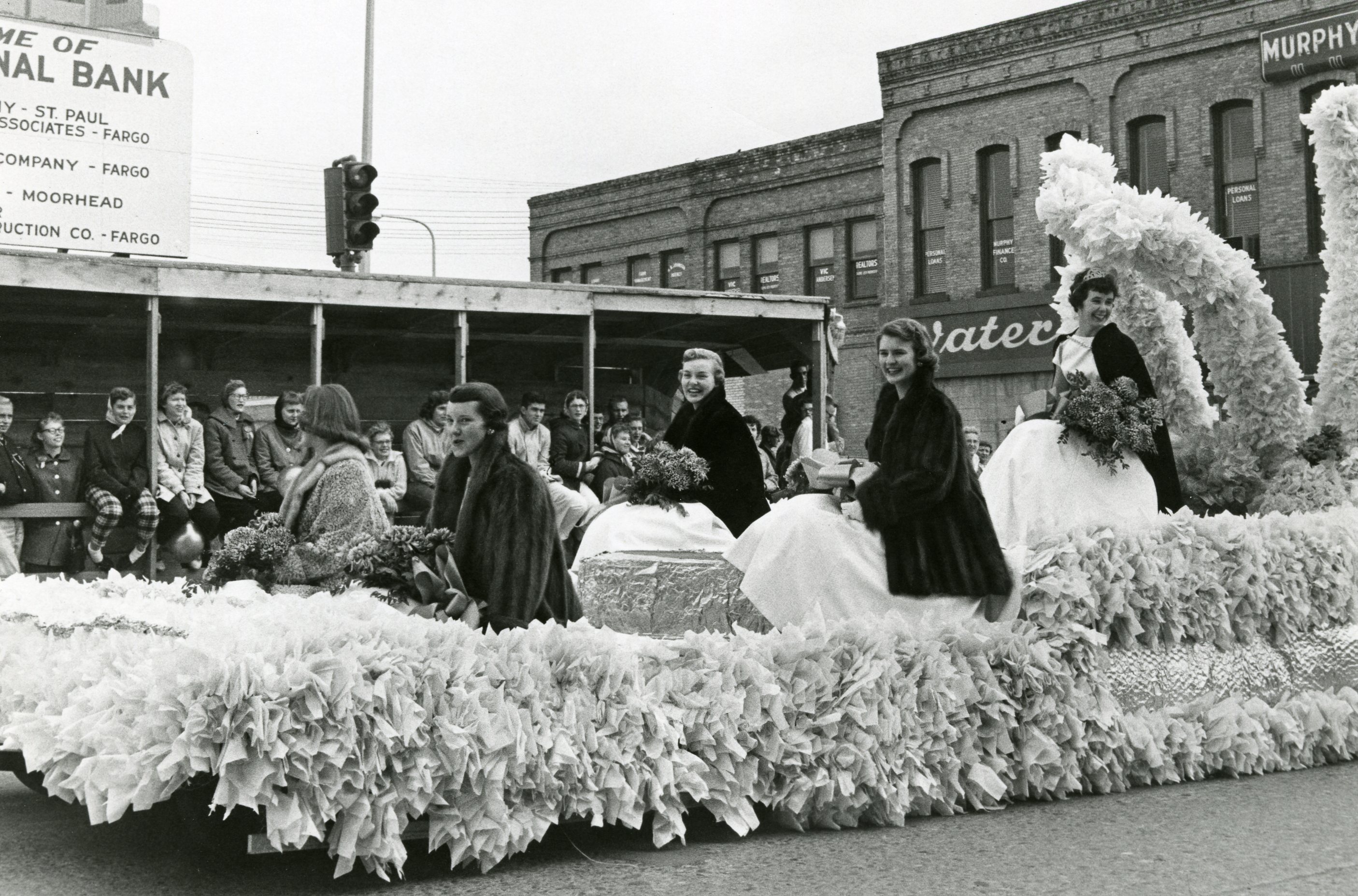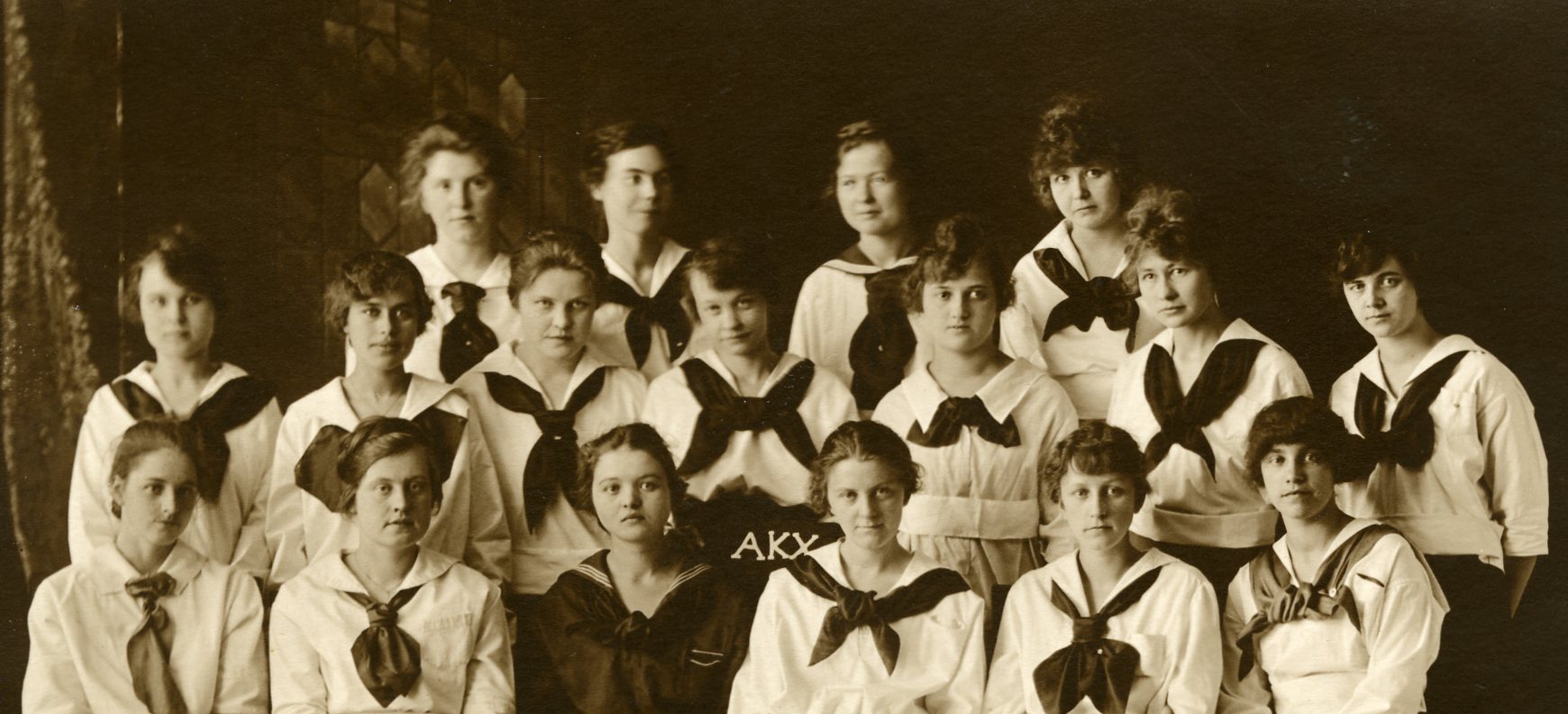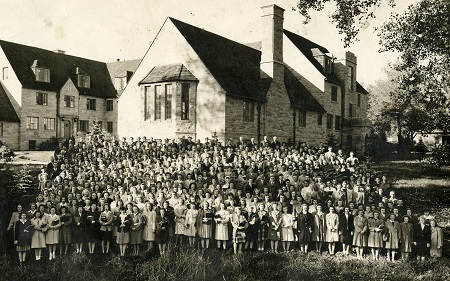 In the midst of World War II Concordia College adapted to wartime restrictions and decreasing enrollment. Due to the military draft the number of male students enrolled dropped, while the number of females attending the college increased dramatically. Accordingly, Concordia established programs and courses that allowed and encouraged women to contribute to the war effort.
In the midst of World War II Concordia College adapted to wartime restrictions and decreasing enrollment. Due to the military draft the number of male students enrolled dropped, while the number of females attending the college increased dramatically. Accordingly, Concordia established programs and courses that allowed and encouraged women to contribute to the war effort.
Browse Entries
|
|
|
|
|
|
|
Greek society life has been part of Concordia’s campus for many years, despite only one Greek society remaining at Concordia in 2022. Lambda Delta Sigma (LDS) has outlasted other student organizations on campus and has had a deep and complex history since its founding. |
|
|
|
|
